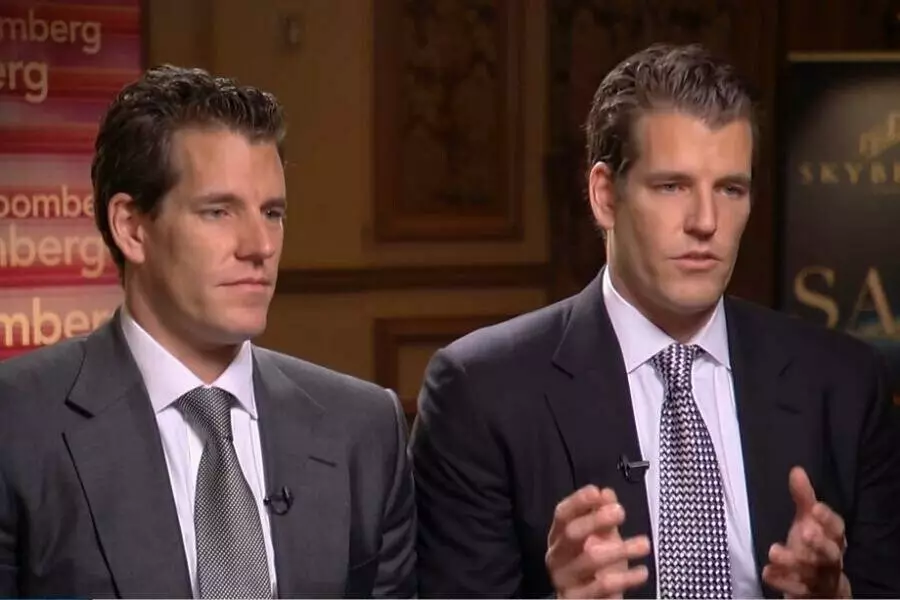The recent lawsuit filed by Cameron and Tyler Winklevoss, the billionaire twins who own the crypto exchange Gemini, against Barry Silbert’s cryptocurrency conglomerate Digital Currency Group (DCG) may have an ulterior motive, according to a recent article in Fortune. The article suggests that the lawsuit might not even make it to court and instead could be used by Gemini as leverage to secure a more favorable settlement from DCG.
Gemini initiated the lawsuit against DCG and its CEO Barry Silbert, accusing them of defrauding creditors. This legal action comes after a long-standing public dispute between the Winklevoss twins and Silbert regarding missing funds related to Gemini’s “Earn” program. The twins have been vocal about their grievances on Twitter, sharing updates on the actions taken against DCG.
Gemini’s “Earn” program operated through a partnership with DCG subsidiary Genesis. Depositors would entrust their crypto assets to Genesis, who would then pay interest to the depositors. However, when Genesis faced financial difficulties, partly due to its exposure to the now-bankrupt crypto hedge fund Three Arrows Capital, it was unable to repay the funds to the “Earn” depositors.
DCG has dismissed Gemini’s lawsuit as a mere publicity stunt. Nevertheless, Forbes Crypto writer Jeff John Roberts suggests that a substantial settlement between the two parties may be a possibility. Roberts speculates that the Winklevoss twins could be using the lawsuit as a bargaining chip to negotiate a better settlement with DCG. This notion gains credibility considering Cameron Winklevoss’s public sharing of detailed settlement proposals, indicating his willingness to engage in negotiations outside the courtroom.
Another potential scenario, as outlined in the article, is that the twins and Silbert, all of whom are billionaires with significant crypto holdings, may decide to compensate the depositors themselves and then resolve the matter privately. However, this resolution would require an uncommon level of integrity, which is often lacking in the crypto industry, as Roberts concludes.
The Winklevoss twins’ motivations behind the lawsuit remain shrouded in ambiguity. While it is possible that they genuinely seek justice for the defrauded depositors, the timing and manner in which the lawsuit was filed raise questions about their true intentions. The lawsuit could be seen as a strategic move to pressure DCG into a more favorable settlement or as a way to publicly expose the alleged wrongdoings of DCG and Silbert.
The ongoing legal battle between the Winklevoss twins and DCG is a testament to the complexities and uncertainties of the crypto industry. As the industry continues to evolve and attract both legitimate businesses and opportunistic actors, disputes like this highlight the need for greater transparency and accountability. Whether the lawsuit ultimately reaches the courtroom or leads to a settlement, its implications for the future of cryptocurrencies and the relationships between industry players are yet to be fully understood.


Leave a Reply